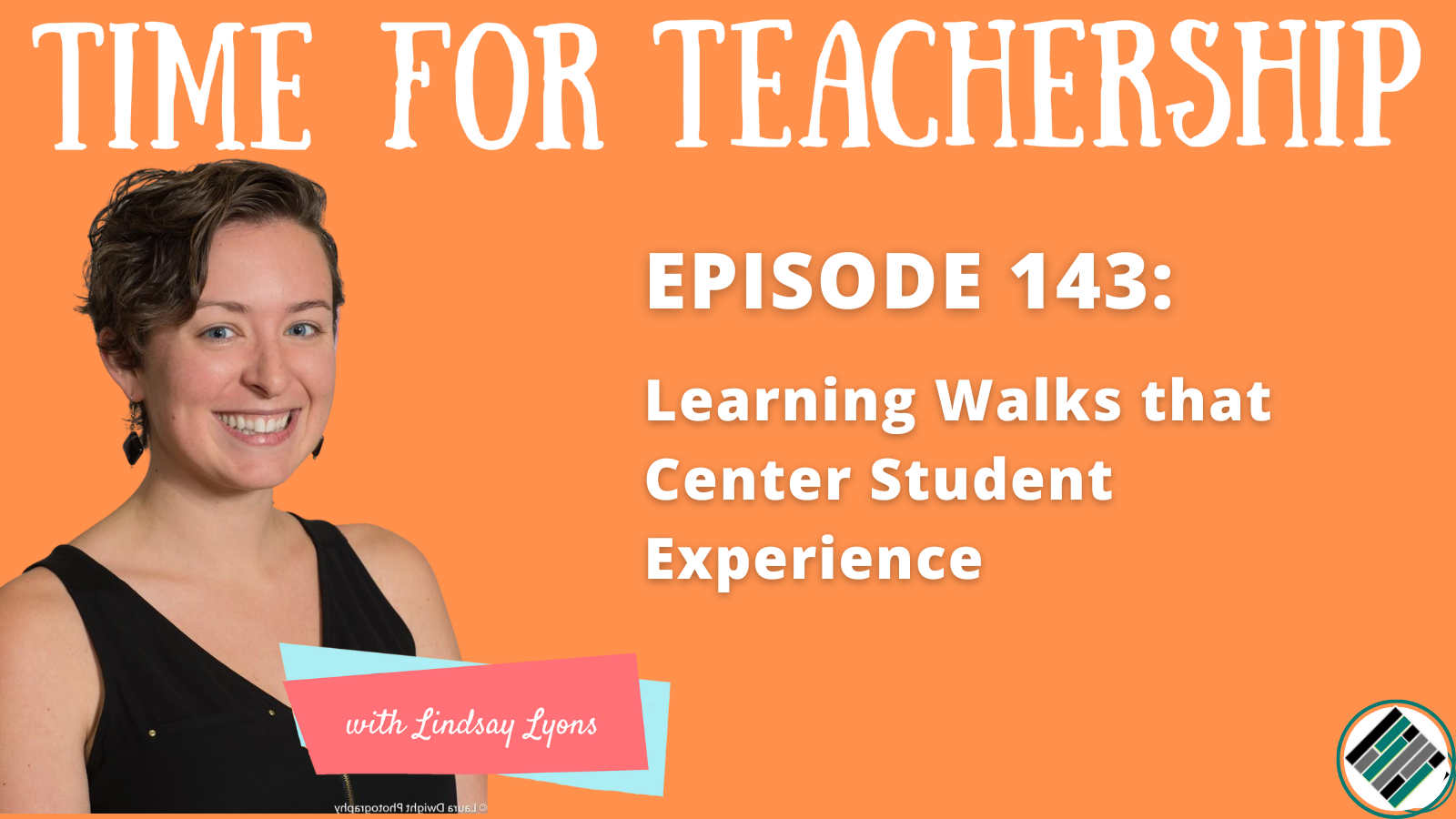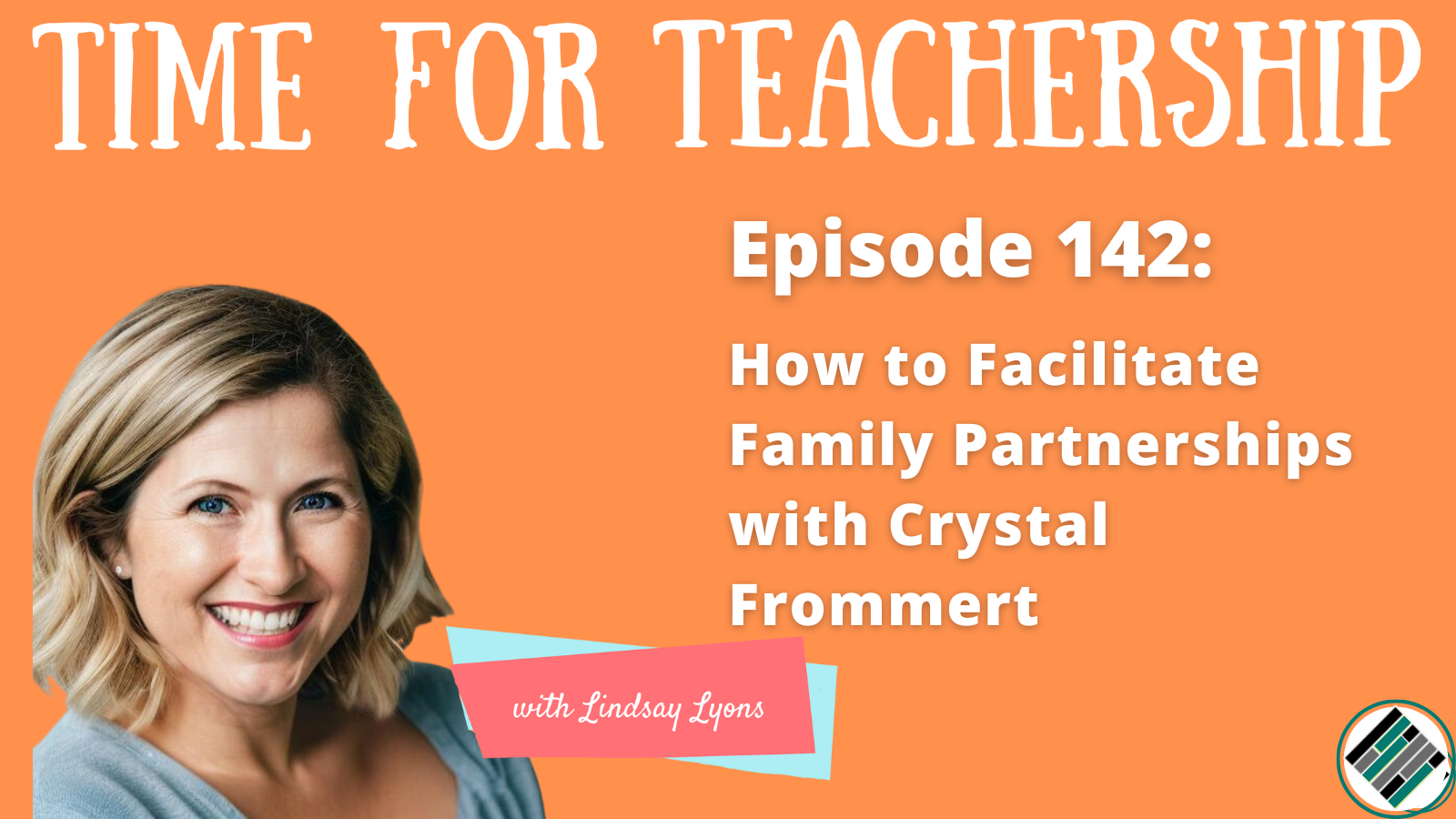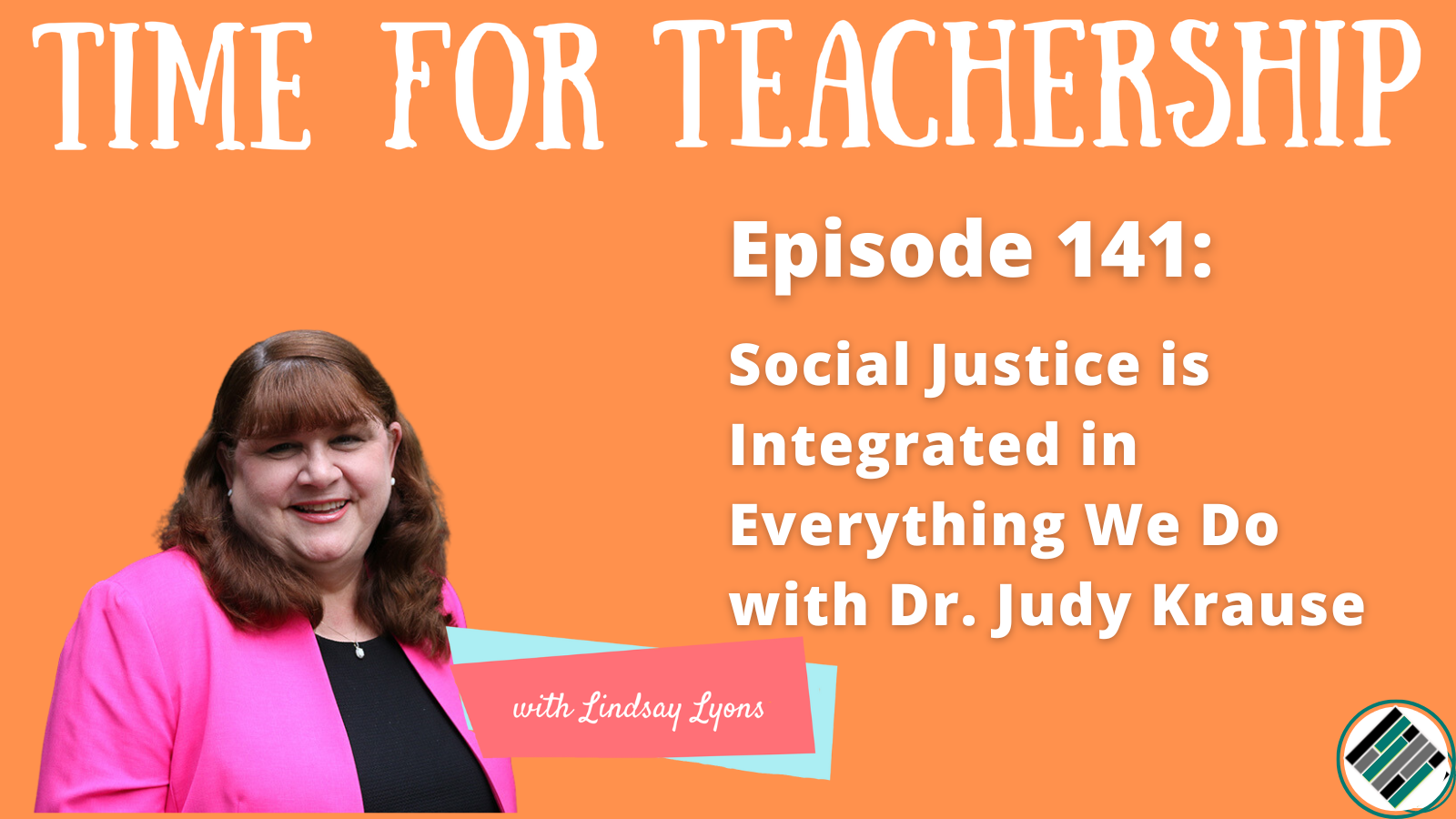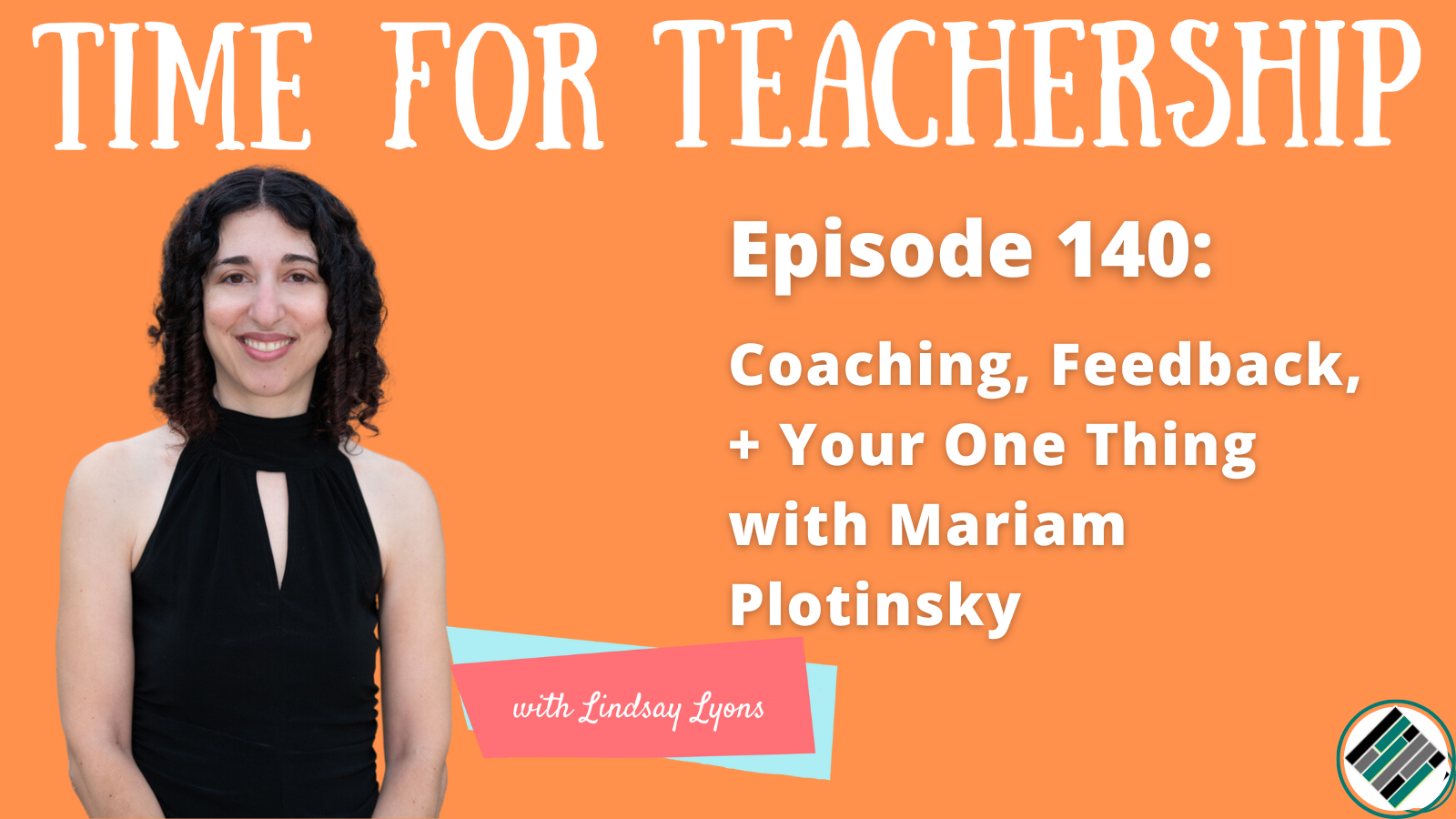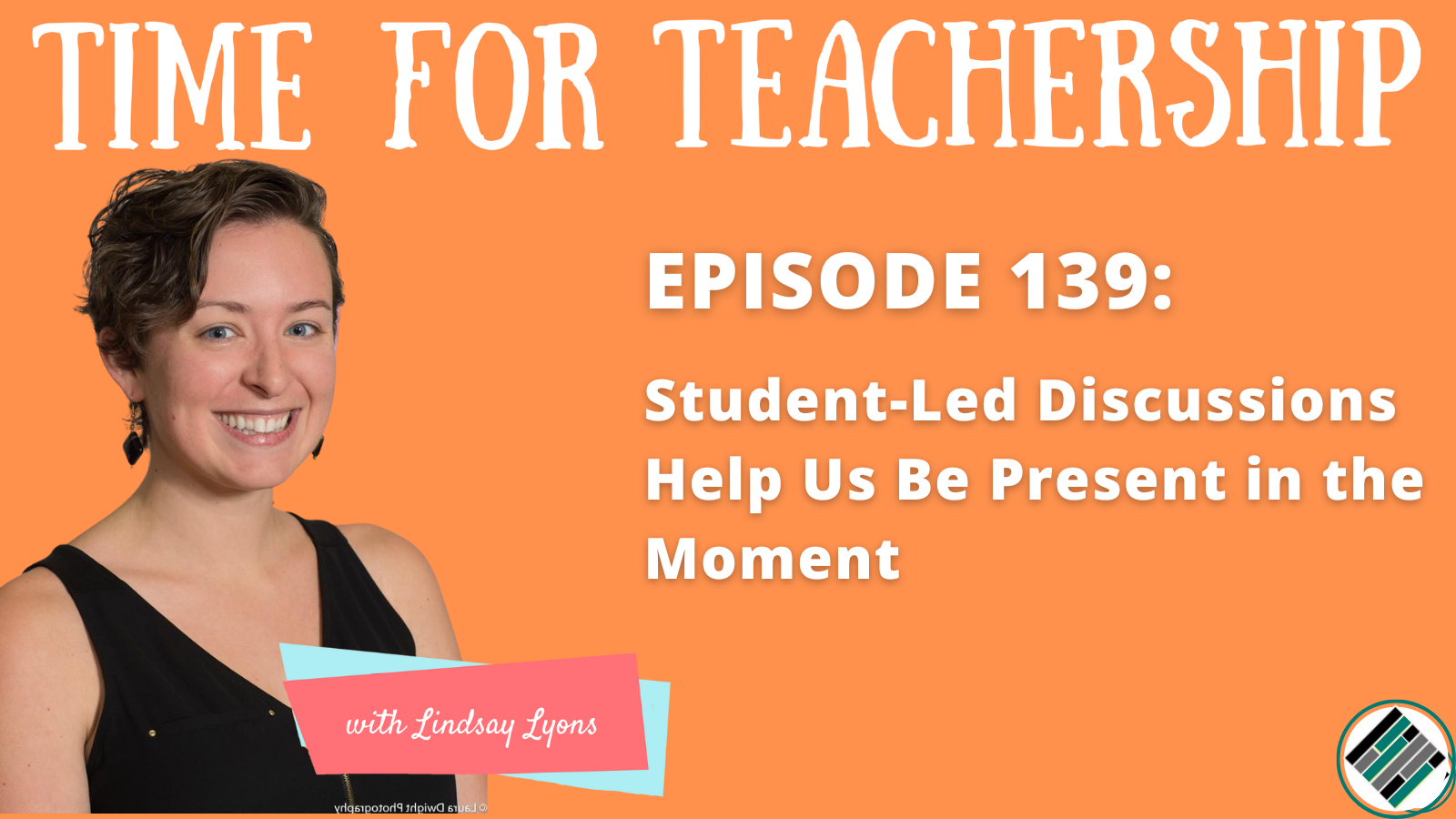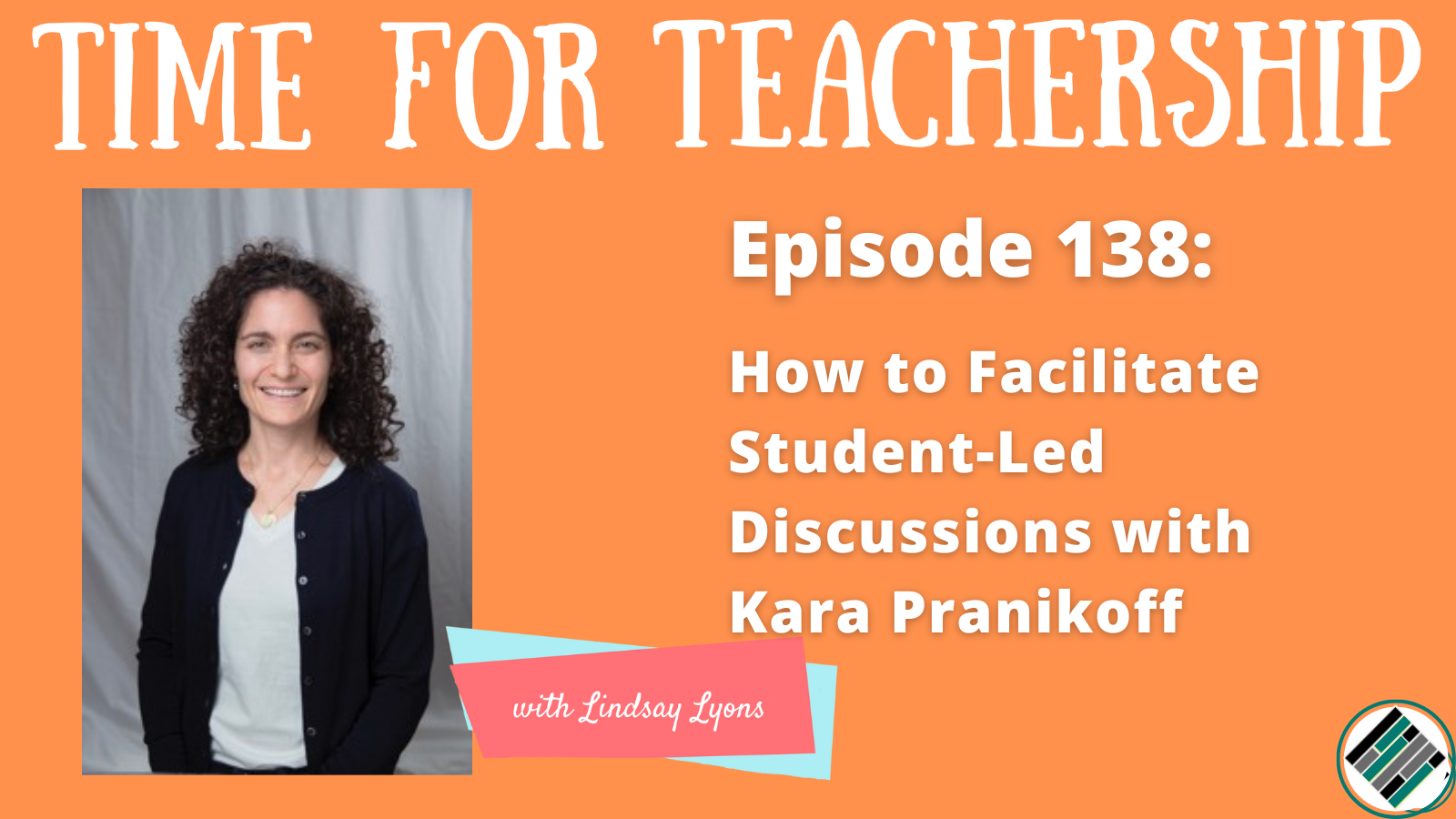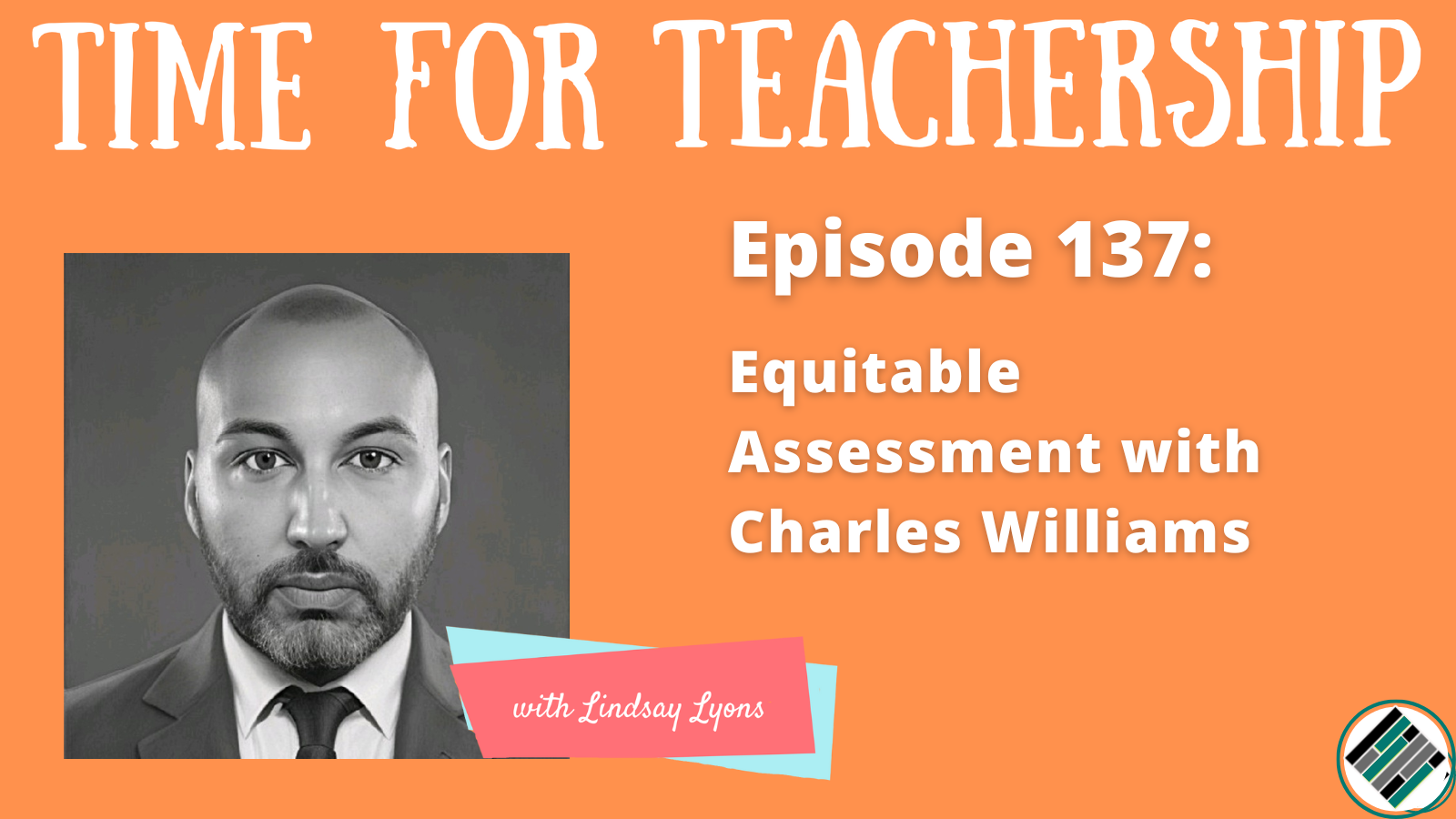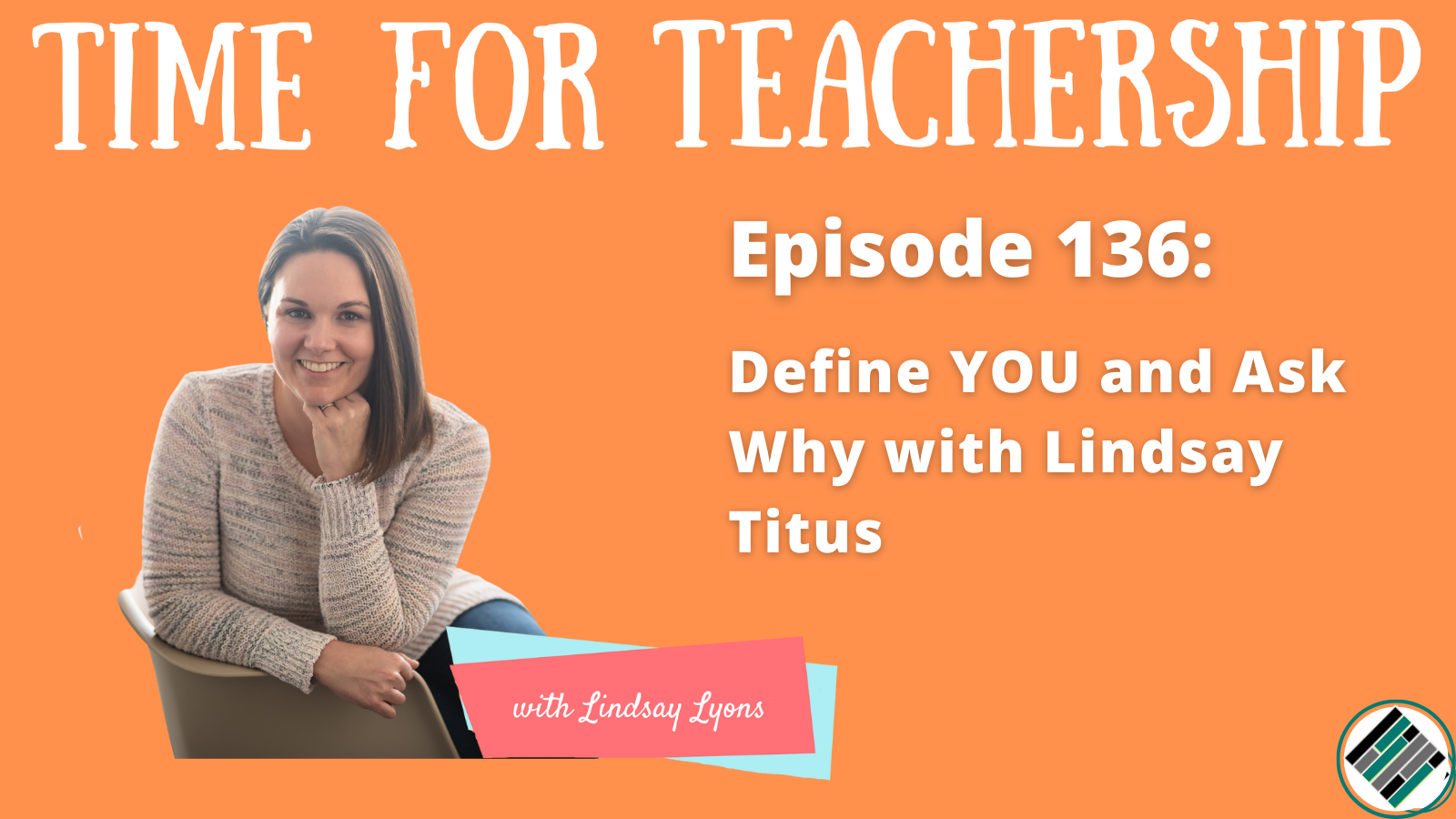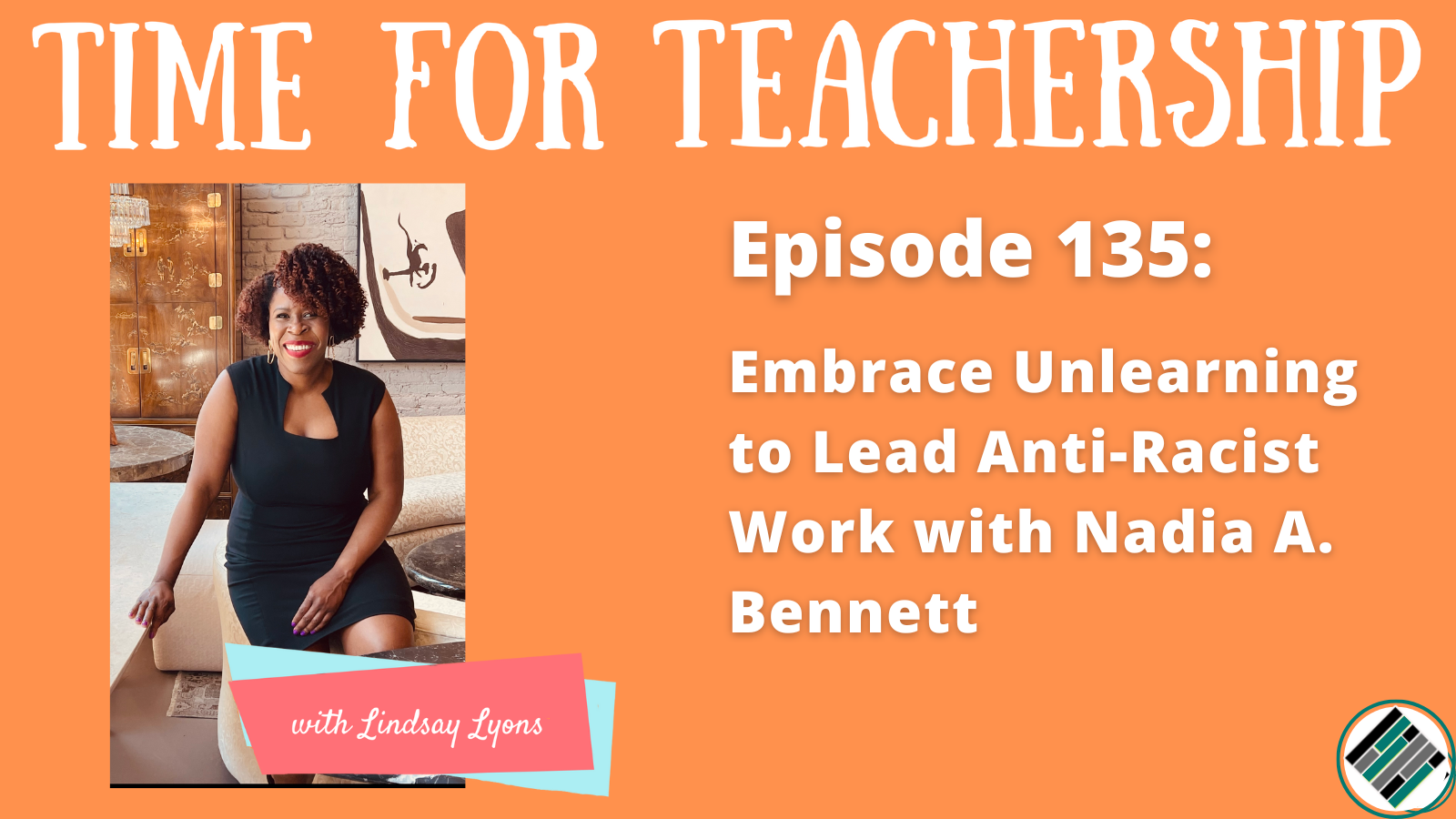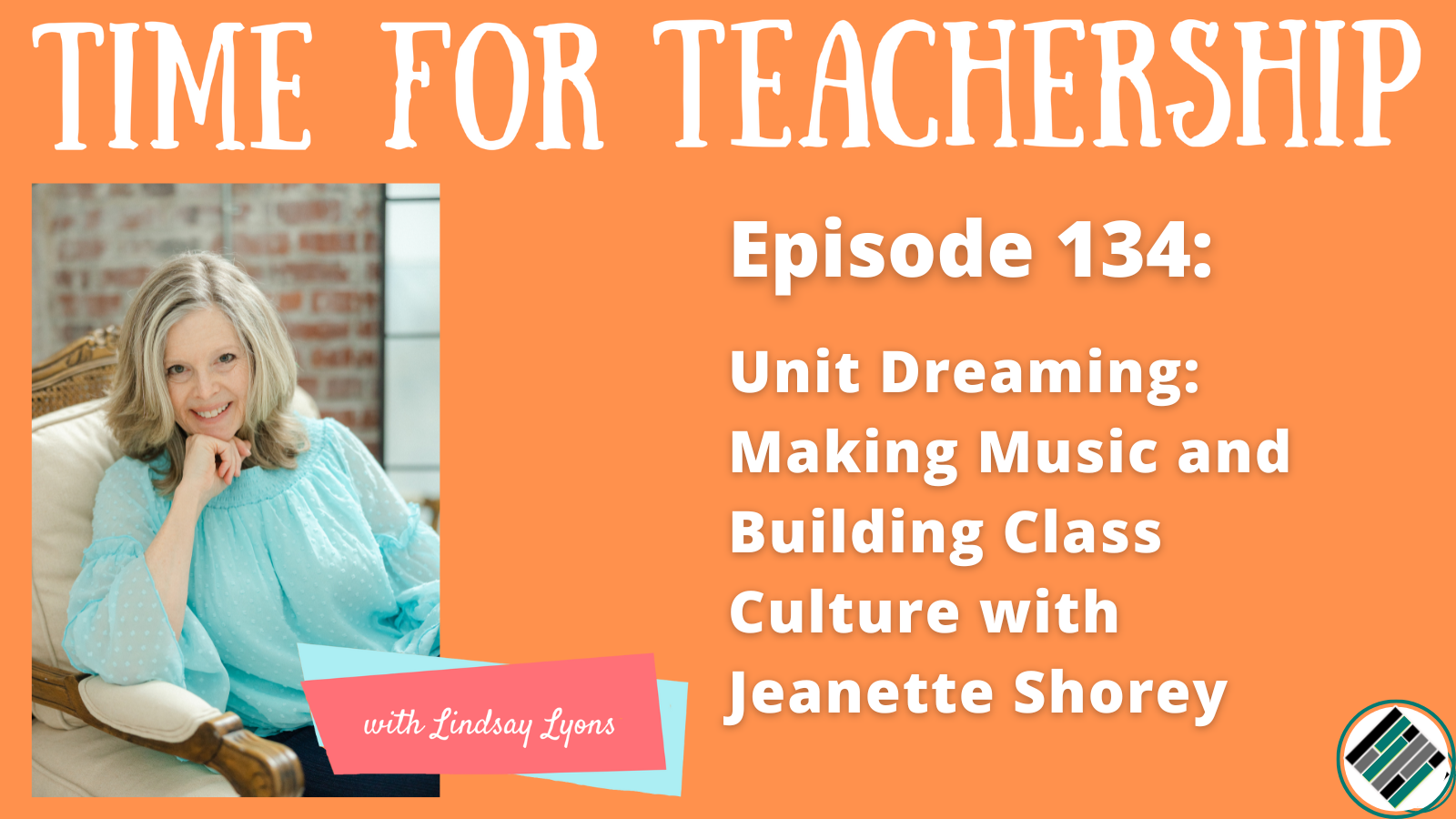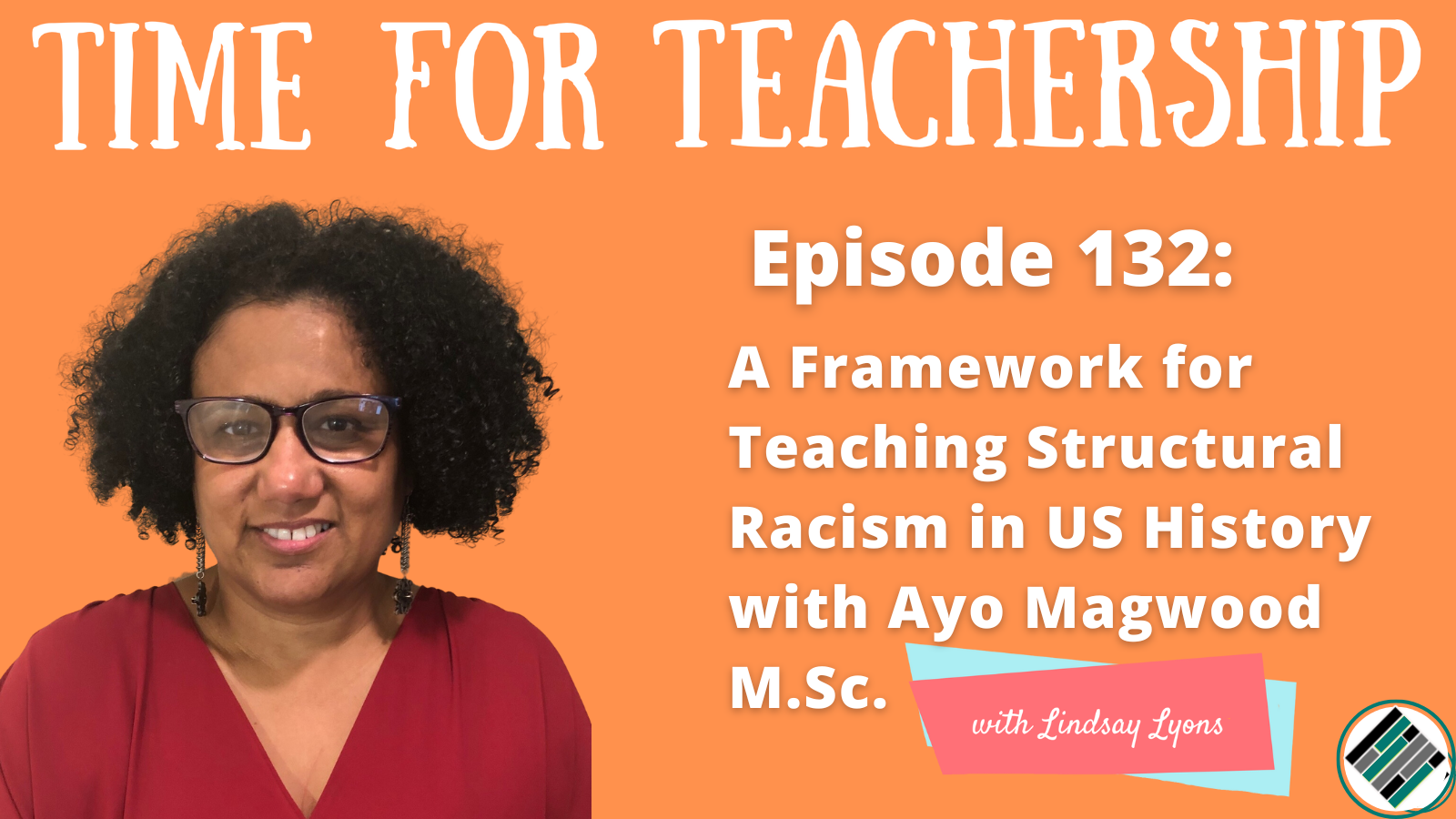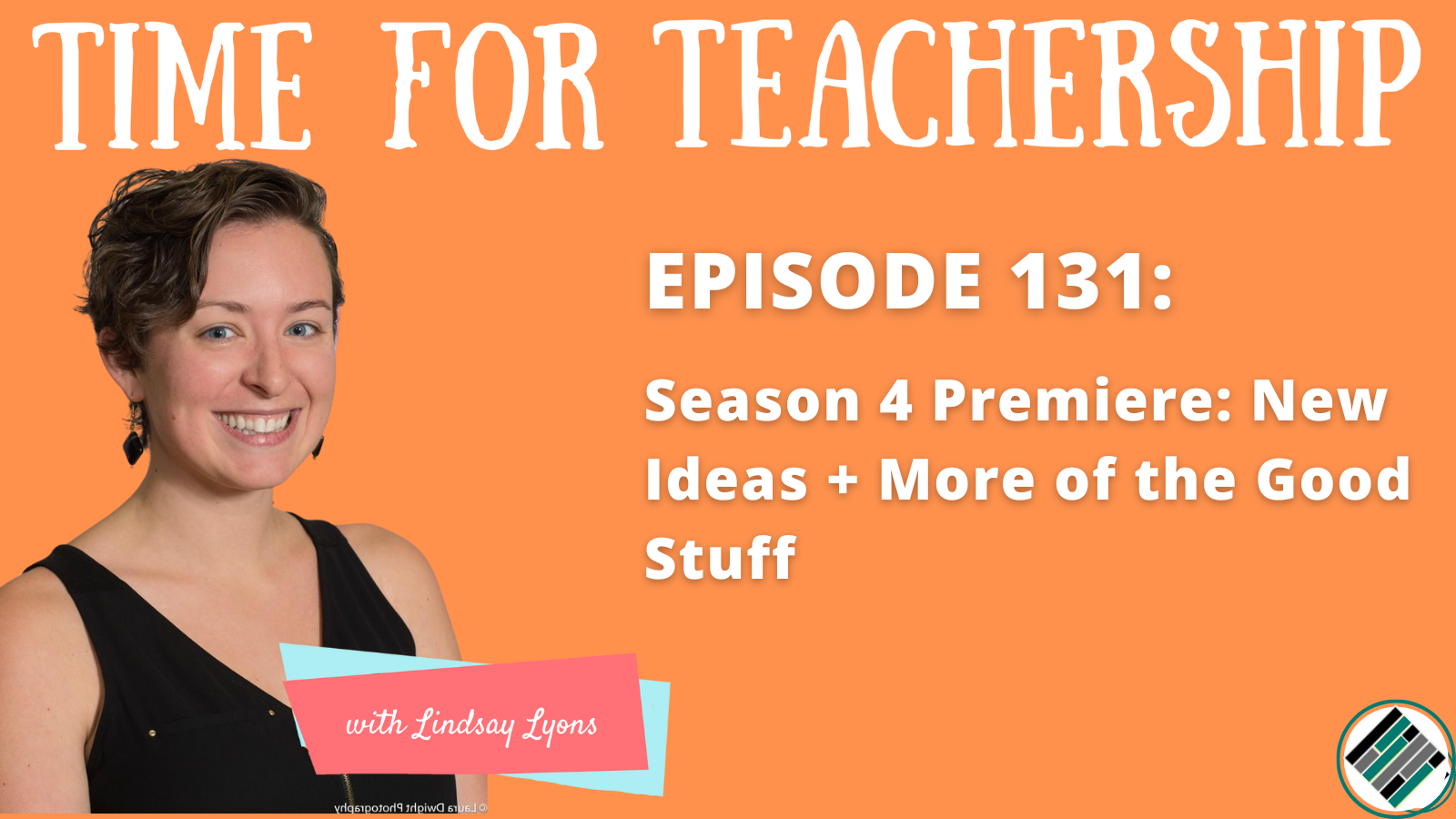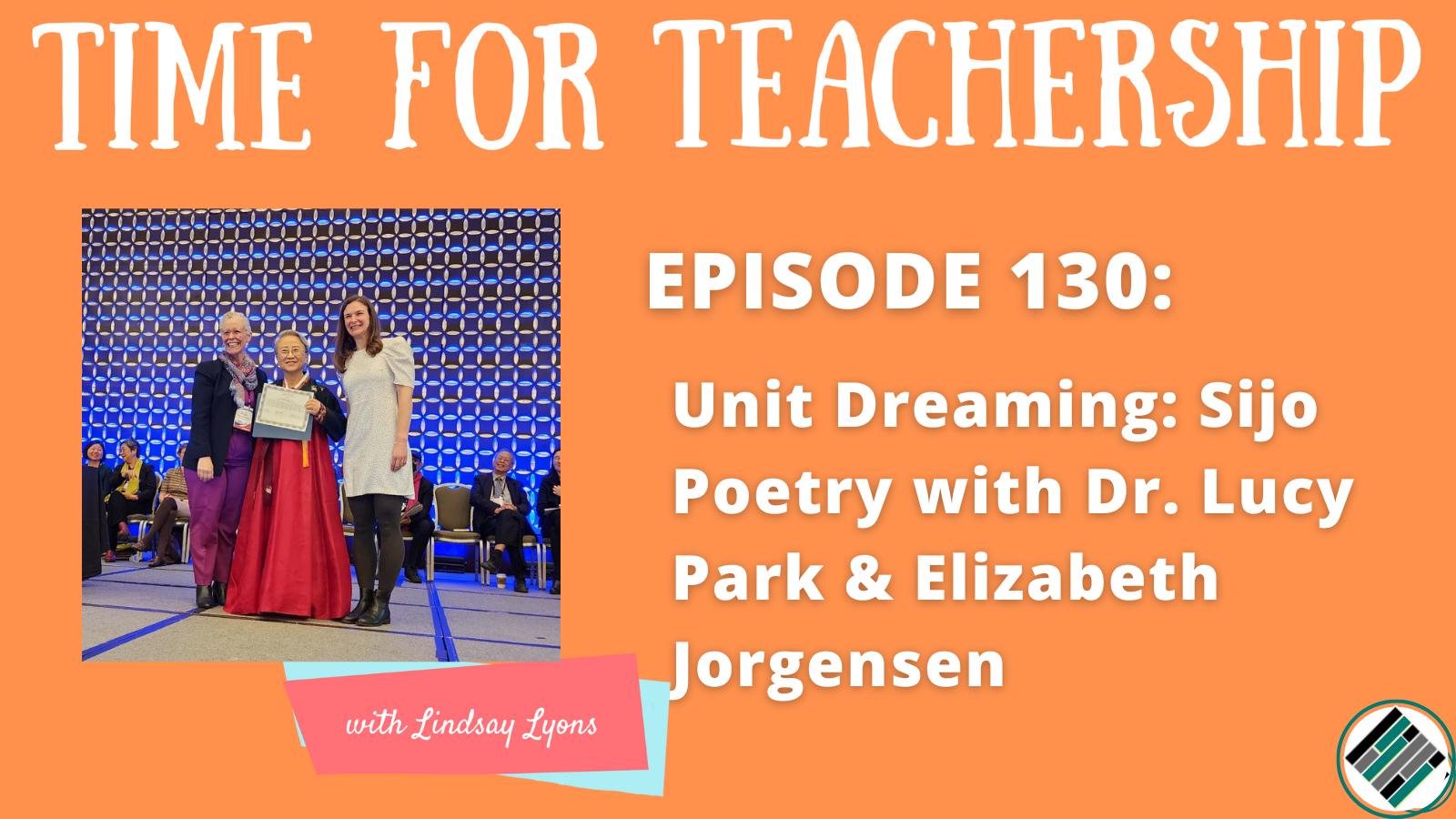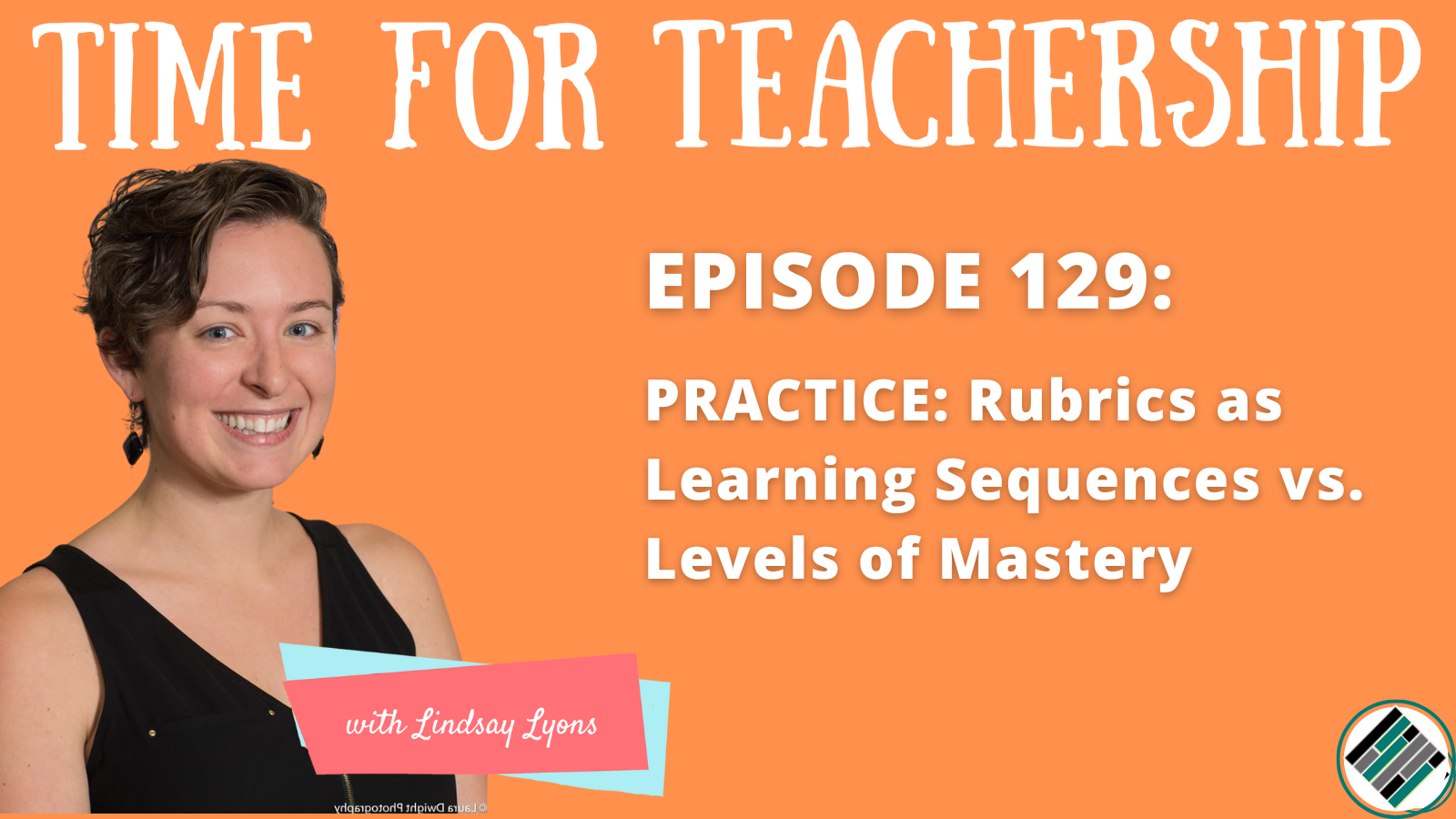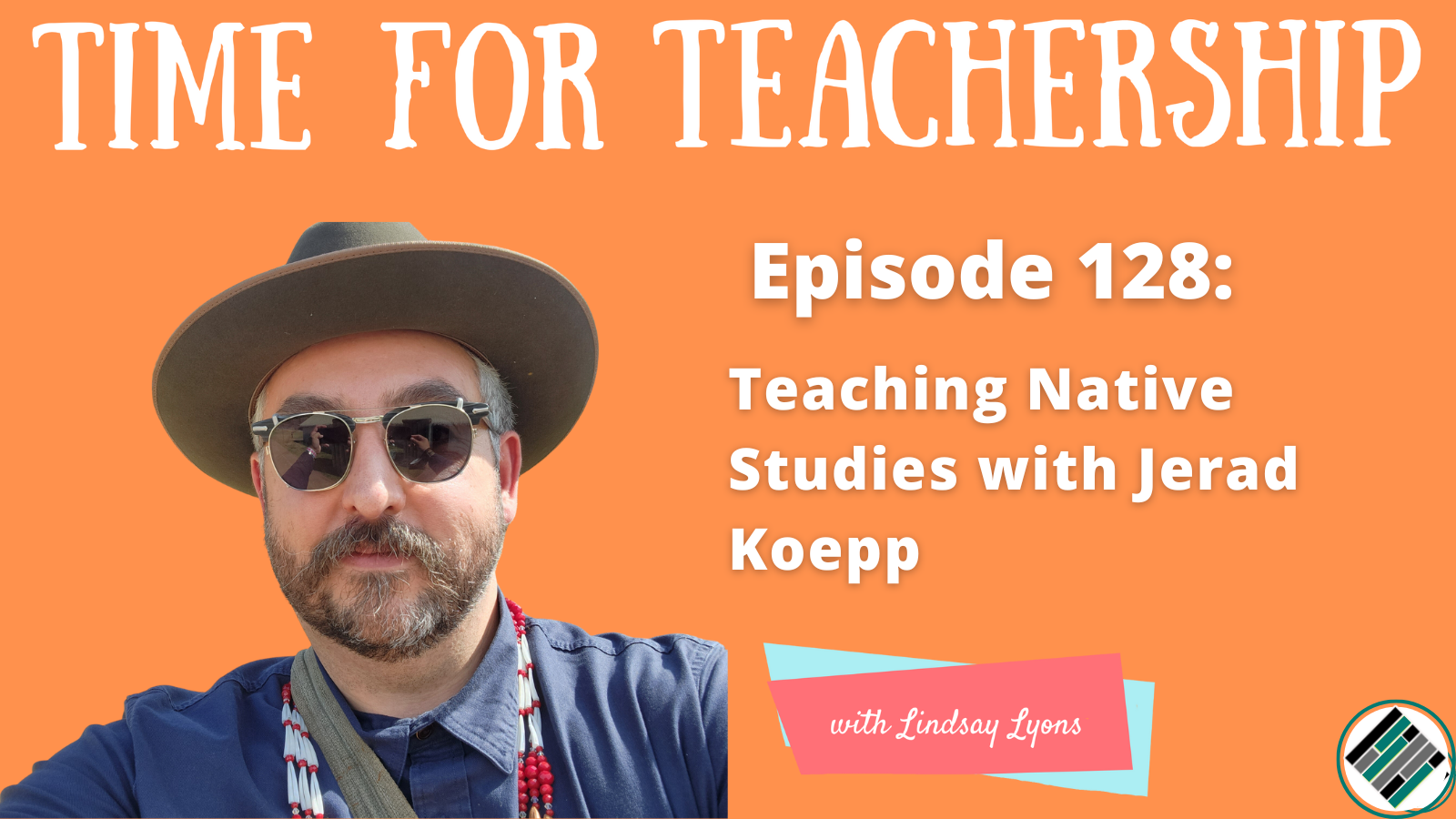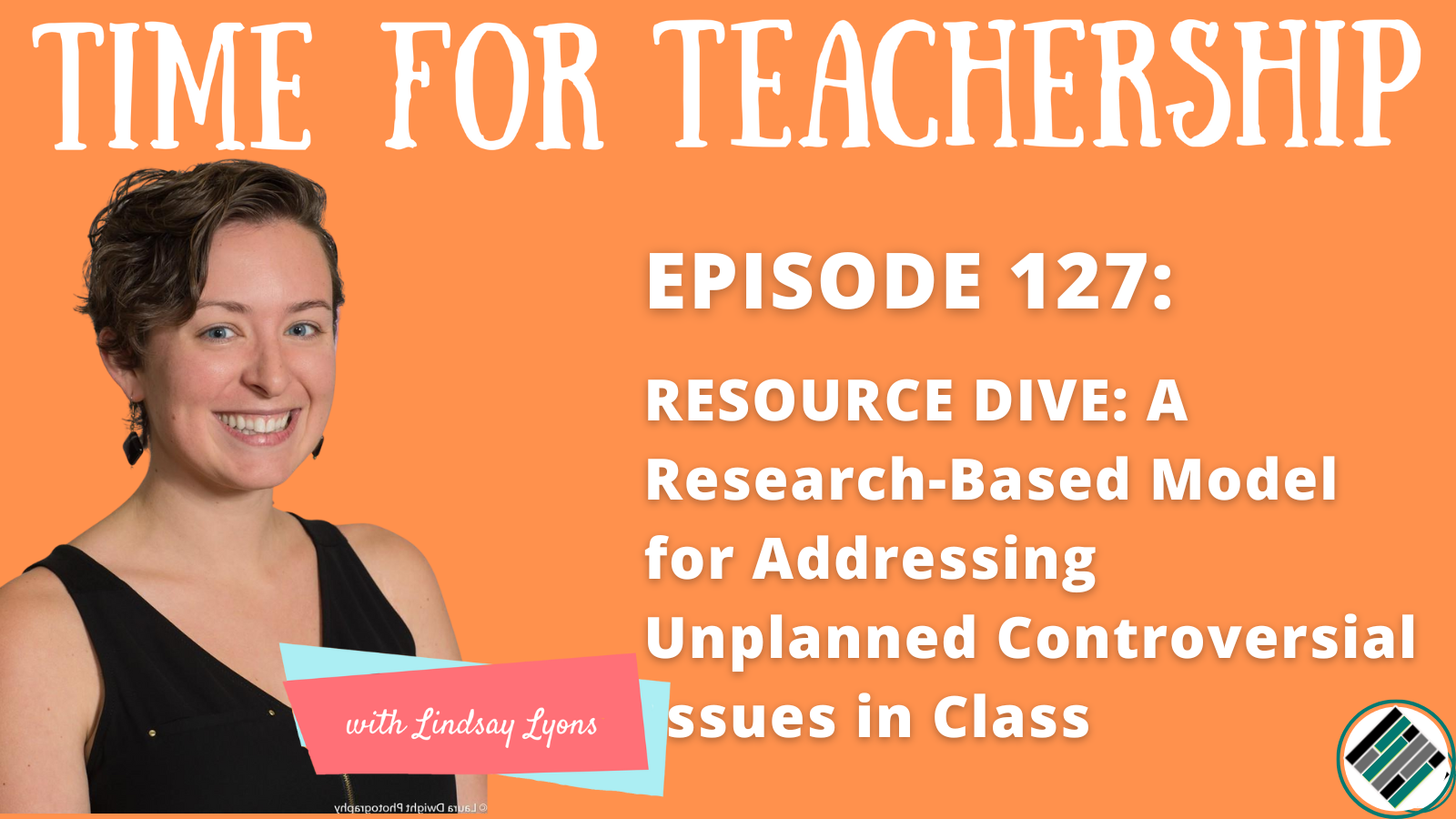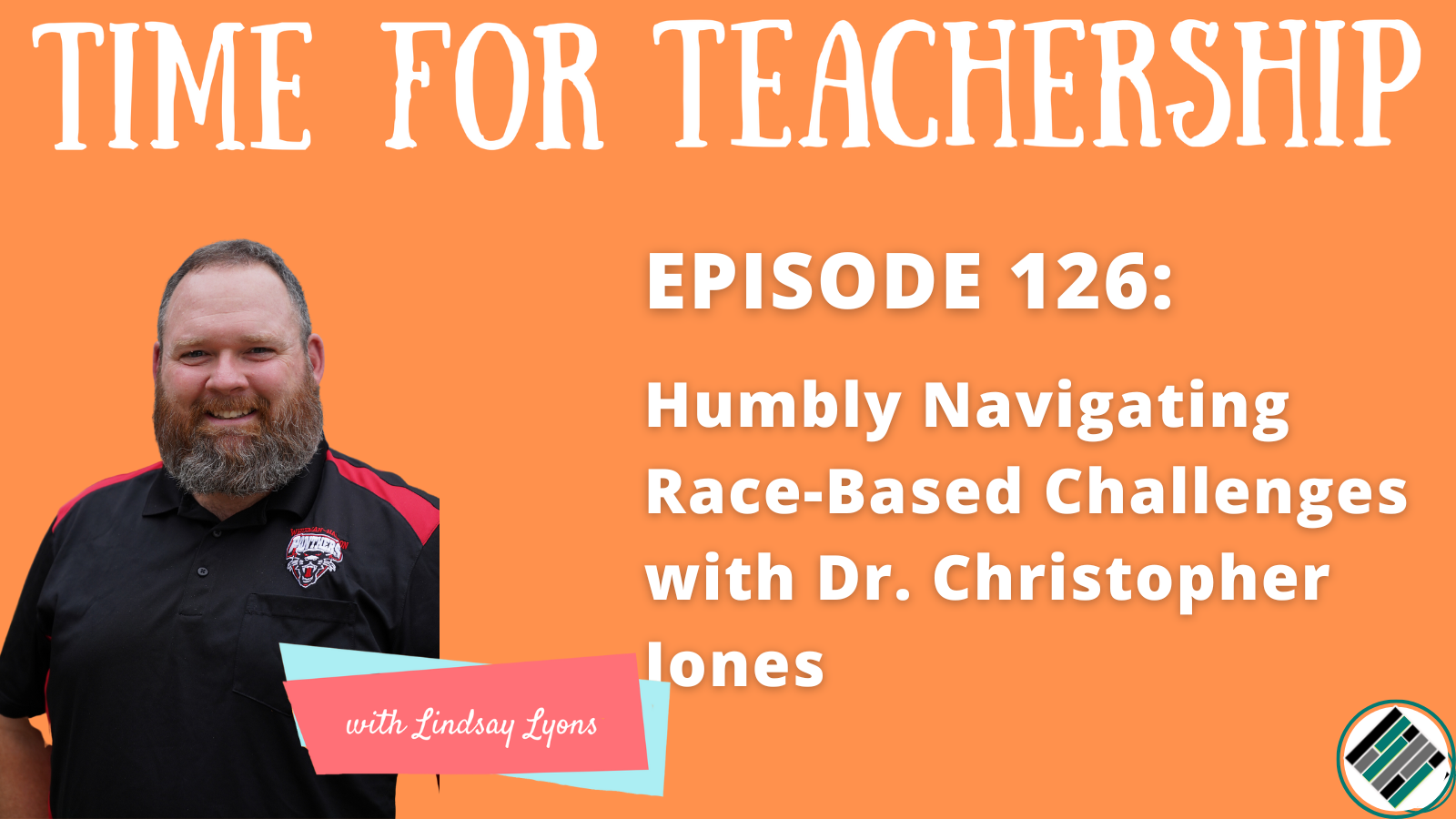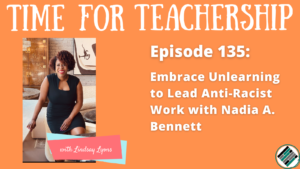
In this episode, Nadia A. Bennett talks about the pressing need for anti-racist school environments, her dream for curricula that equips students to grapple with social issues head on, and a concrete example of a school in which the leader said racism was too hard to solve. (She insightfully shares how she responded in that last situation.) We go deep into the journey of leading anti-racist work including the challenges along the way and practical strategies for what your anti-racist leadership can look like.
Nadia Bennett is the founder of When Brown Girls Lead™, an education consulting firm that leads the way for schools to become anti-racist learning environments through culturally-relevant leadership development and mentorship. For more than 15 years, Nadia served in education, as teacher, principal and executive director of K-12 schools. In this episode we go deep into the journey towards leading anti-racist work including the challenges along the way and practical strategies for what your anti-racist leadership can look like.
The Big Dream
Nadia says, “The curriculum that is used in schools would lead students to this truth that the mind is a weapon and reading is one of the best ways to sharpen that weapon.” She envisions a curriculum that equips students to grapple head-on with social issues like poverty and racism.
Alignment to the 4 Stages: Mindset, Pedagogy, Assessment, and Content
Mindset is really important. Nadia says, “We have to embrace unlearning, the lies that we have been told,” she emphasizes, adding that anti-racist schools begin with anti-racist adults. “Shift, unlearn, learn the truth, make a decision to move forward in a space of anti-racism, equity, equality,” she says.
Mindset Shifts Required
Nadia stressed the need for adults to take responsibility for creating anti-racist school environments. “The adults have to do the work because the adults are making the decisions, setting the policies, and creating the systems and structures,” Nadia explained.
Action Steps
In our conversation, Nadia outlined three key steps to confronting racism in schools:
Step 1: Look at the data. According to Nadia, the data can reveal disparities in education that often slip beneath the radar. “One of the best things you can do is show them the data.”
Step 2: Assess why the disparities exist. “We need to assess why there are so few Black and Brown children in AP and honors,” Nadia states, urging educators to take a hard look at the adult actions leading to these student outcomes.
Step 3: Adults must take responsibility. Nadia stressed that adults have to have the courage to do this and commit to making changes.
Challenges?
Nadia described a concrete example of a white administrator saying the racism showing up in his school data was too hard to solve.
She explained why this happens, “Let’s be honest, it’s not going to directly impact him or his children because he identifies as a white male. So he’s fine. He can go home at night, he doesn’t have to worry about his child being killed, unarmed, just because they’re getting gas at a gas station or whatever the scenario is this year. He doesn’t have to worry about his child being funneled into the school-to-prison pipeline. He doesn’t have to worry about his child being passed along when they should be supported more academically or his child walking into a classroom and people have little expectations for him. That’s not his concern. So he gets to lean back.”
This is not okay. Nadia says “that’s why I often use the word anti-racist…[Kendi says] it’s not enough to not be racist, one must be anti-racist. And anti-racism looks like taking actions against racist policies, taking action against racist ideas and expressions, et cetera. So that same man will look at me and say, ‘Well, I don’t mistreat black people intentionally, I don’t use the N word, I don’t do ABC, so that means that I’m not racist.’ No, sir. No sir, that’s not enough, and it’s really not enough because of the work that you do and what the children you owe these children because you decide to take this job. You wanted to do this work, so you owe them. You give them the education that they deserve.”
Later in the episode, Nadia reflects on this moment, sharing, “ I have been learning that this work, even for myself, is to also be done over the long haul. And I have to be patient with individuals that are just starting to engage with the work or have not engaged with the work…Now I can lean back and say ‘You know what? He’s just not there. He’s just not there yet.’ And what can I do? Maybe through this assistant principal…support him in managing up. So I’m learning to have grace and and in my support of schools and understand that every school leader is in a different place.”
One Step to Get Started
To start making a difference, Nadia believes that educators should first commit to understanding the problem. “If you are educating children, you have to understand that everybody comes into a space with their own biases and it is your responsibility to not have those biases play out when you’re working with young people who are put in front of you to be educated,” she said.
Stay Connected
You can find Nadia on her website, LinkedIn, and Instagram.
To help you implement some of the ideas Nadia shared, I’m sharing my Root Cause Analysis Worksheet (which now includes my Data Analysis Worksheet too) with you for free. And, if you’re looking for more details on the ideas in this blog post, listen to episode 135 of the Time for Teachership podcast. If you’re unable to listen or you prefer to read the full episode, you can find the transcript here.
Quotes:
- “If we had a curriculum that showed the true history of everyone, right, and they saw that the history of black people doesn’t start with slavery and it doesn’t start with the civil rights movement, but understand that we have such a rich history as well, again, it creates and we’re beginning to socialize individuals for equity and equality that one’s not greater than the other, but we have an understanding that we all have a deep, rich and important history.”
- “If you are educating children, you have to understand that everybody comes into a space with their own biases And it is your responsibility to not have those biases play out when you’re working with young people who are put in front of you to be educated and you are like bleeding all over them because you haven’t done your work.”
- “A school that I was working with recently and their black children were suspended seven times more than their white children. Seven times. And their leaders knew that there was a higher level of suspension, but they had not looked at the data to know that it was actually seven times more. So when I pulled that data and I supported them in looking at that data, two of the leaders immediately said ‘I cannot believe this…I can name several white middle school age girls right now that have worse attitudes.”
- “If you have individuals that will not accept the truth, start with the data…and I want to go beyond behavioral data as well, because often we hear statistics and things about black children that…are in relation to behavior…and I want to kind of take us outside of that box, because sometimes we can get stuck there and we forget that black children need an academically rigorous environment. So I want to take it to the academics. I’ve also been in environments where there are a much larger percentage of white and Asian students in AP classes and Honors classes than there are Black children.”
- “It’s going to take time…when I say commit for the long haul, it’s wise to settle in. Settle into the discomfort and create a 1, 2, 3, 4, 5-year plan to say this is how, over time, we’re going to shift mindsets, we’re going to shift policy. So shifting mindsets could be…let’s say an eight-part anti-racism series for Professional Development, that everybody that comes into your school environment…gets that training. So they understand when they come here…they’re serious about that work…But even building something like that…takes time. So settle in and commit for the long haul, because these systems weren’t created overnight and they’re not going to be changed overnight.”

